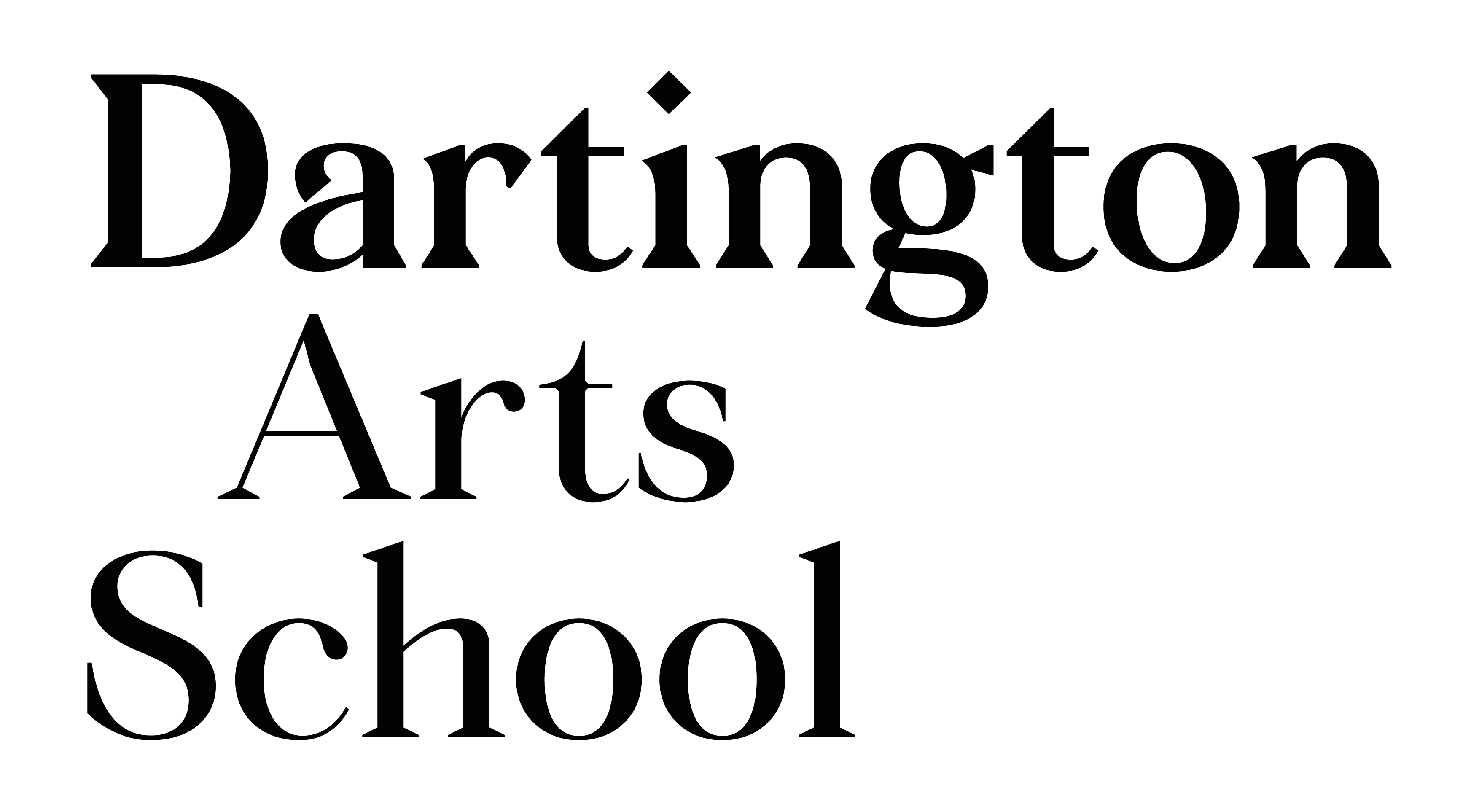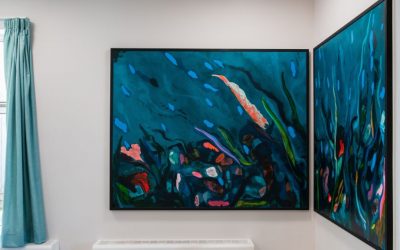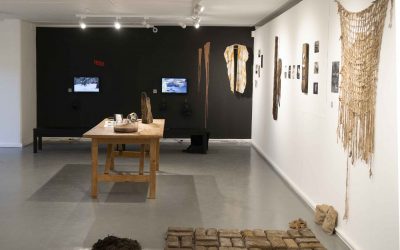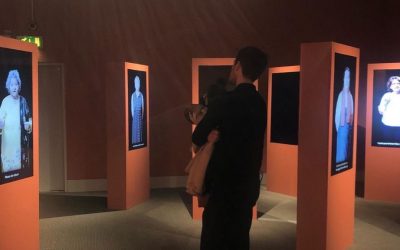overview
- gain experience, skills and theoretical understanding of collaborative, creative practices responding to place
- tour the UK as an artist-in-residence through our network hosts in urban and rural environments
start date: April
2023-24 Term dates
Welcome Week: 12-14 April 2023
Spring term: 17 April – 7 July 2023 (12 weeks)
Module 1 (On-campus residential): 17 April- 19 May
Module 2 (Off-site residential): 19 – 30 June
Summer Term: 24 July – 13 October 2023 (12 weeks)
Module 3 (Off-site residential): 7 – 18 August
Module 4 (Off-site residential): 25 September – 6 October
Autumn Term: 23 October 2023 – 2 February 2024 (13 weeks)
Module 5 (On-campus residential): 23-27 October
Major project install & presentation (On-campus residential): 15-26 January
Dissertation hand-in: 2 February 2024
2024-25 Term dates
Welcome Week: 8-12 April 2024
Spring term: 15 April – 5 July (12 weeks)
Module 1 (On-campus residential): 15 April- 17 May
Module 2 (Off-site residential): 17 – 28 June
Summer Term: 22 July – 11 October (12 weeks)
Module 3 (Off-site residential): 5- 16 August
Module 4 (Off-site residential): 23 September – 4 October
Autumn Term: 28 October 2024 – 7 February 2025 (13 weeks)
Module 5 (On-campus residential): 28 October – 1 November
Major project install & presentation (On-campus residential): 20-31 January
Dissertation hand-in: 7 February 2025
Learning pathways
Some qualifications are offered part-time – these are indicated below.
To get the most out of their course and of being part of our learning community, many students choose a fully immersive experience for the residential taught periods of their course, staying on our stunning 1,200 campus on the banks of the River Dart with full board accommodation.
MAster's (ft/pt; 180 credits)
Students will need to live onsite or nearby for the first six-week module at Dartington, spending 10 residency days at each of three other host organisations in subsequent modules (see below). Full board accommodation onsite is available (but not mandatory) throughout terms 1 and 2 for international students.
Postgraduate Diploma (ft/pt; 120 credits)
A full-time (1 year) or part-time programme (2 years) with 4 x 30 credit modules. Students taking the full-time option will study all four modules during the first two terms. For full details on part-time pathways, please contact us.
Postgraduate Certificate (60 credits)
A full-time programme with 2 x 30 credit modules. Students will study both modules during term one.
First module only (30 credits)
Modules from this course can be studied on a standalone basis, with 30 credits allocated per module.
To apply for the accredited single module option, apply in the usual way, selecting the ‘single module’ option during the application process.
course content
This course puts forward a new master’s model for practising artists through field-research and post-studio practice. Through a series of residencies, starting here at Dartington and then at sites around the UK, we encourage students to develop an understanding of their role as an artist in relation to place, both urban and to nature and landscape.
Through the place-based nature of the course, students come away with an expanded repertoire of imagining, experiencing, knowing and representing our relationship to landscape and environment. We encourage a purposefully collaborative, socially engaged arts approach, with a flexibility that helps students refine their skills in their chosen field or medium, while also offering opportunities to experiment and trial new ideas with others.
Arts residencies are a significant part of the contemporary arts industry and of contemporary art making and play a critical role in building experience and competencies; as well as pathways for the exchange of skills and knowledge, inter-cultural learning and understanding. We are increasingly confronted with complex challenges that require new ways of knowing and forms of collaborative engagement and practice, and this Master’s is designed to help you find space for this in your work, and to develop new modes of creative fulfilment.
To further expand the meaning and context for place and site responsive art, the Arts and Place programme invites guests, including scholars, writers, curators, artists, activists, filmmakers, to share their practice in relation to each module and focus of study. These include:
Arts & Place guests include:
Lisa Le Feuvre, Executive Director of the Holt/Smithson Foundation; Aurora Tang, Curator and Program Manager at CLUI; Angela Burdon and Sheyda A. Khaymaz, Co-directors of Lungs Project; Lucinda Guy, Director of Soundart Radio; Irini Papadimitriou, Creative Director of Future Everything; Rod Dickinson; Martha King, Becca Rose Co-Curators of Control Shift; Cristóbal Martínez and Kade L. Twist, Artists, Co-founders of Postcommodity; Chris Taylor, Director Land Arts of the American West; Elizabeth Fisher, Curator, Writer; Ella Mills, Art Historian, Curator; Cara Courage, Curator, Writer; Tim Edensor, Author
Artists:
Heather Ackroyd (Ackroyd/Harvey); Rana Begum; Jeremy Dennis; Jessica Auer; Laura Harrington; Maria Arceo; Emma Bush; Mita Vaghela; Barton Hargreaves; Oswaldo Macia; Ruth Maclennan; Claire Macleod and Dave Macleod; Susan Stockwell; Deborah Stratman
The programme includes a five-week residency at Dartington for a 30 credit introduction to fieldwork methodologies and post-studio practice with seminars, screenings and workshops and group crits. This is followed by three 30 credit residency modules (Urban Places, Contemporary Remote and Themes in Residency). Each 10-day residency is hosted by one of our partner organisations. The programme concludes with a 60-credit dissertation or practical major project module which begins with a week onsite at Dartington followed by a group exhibition.
The part-time pathway divides the four 30 credit modules over 2 years, concluding with the final major project.
To see content from the arts and place programme and work by arts and place students please visit the course Instagram @arts_and_place >
“Going on residencies and finding that life force coming back in has been a transformation for me – I mean, I feel quite emotional about it because I feel like I’ve come alive again.” – Stephanie Gray, MA student 2022/23
programme structure & modules
During MA Arts and Place, there is one six-week timetabled teaching period at Dartington when you must live on site (or nearby in Totnes or the vicinity) and participate in the learning community, unless you choose an online-only pathway. From March to June 2021 there are three 10-day fieldtrips when you will be in residence at three other locations in the UK.
Outside of the six-week period at Dartington and the three 10-day fieldtrips, international students (only) can request accommodation and full board onsite for terms 1 and 2 and this would require you to participate in the learning community activities. Alternatively, you can opt to live nearby or anywhere in the UK and travel to and from Dartington for the six-week taught period and to and from the three fieldtrip locations.
We have a limited number of residential places available for international students. Apply as early as possible.
Module One: Approaching Residencies (30 credits)
A grounding in methods and concepts to support collaborative practice and inter-transdisciplinary engagement with complexity. Using the Dartington estate as a residency focus, this module is an introduction to the history, theory and practice of making artworks in residency contexts. Techniques for engaging with site and community in relation to your own practice are developed.
Module Two: Urban Places (30 credits)
This module explores the development of arts practice in an urban residency context through fieldwork with a residency host and the development of a project. Students extend their understanding and creative engagement with the complexity of place into urban contexts.
Module Three: Contemporary Remote (30 credits)
This module explores the development of arts practice in a rural or digital residency context through fieldwork with a residency host and the development of a project. It further develops students’ creative engagements with the complexities of place.
Module Four: Themes in Residency (30 credits)
This module explores the development of arts practice in response to themed residency contexts through fieldwork with a residency host and the development of a project. It allows students to make work in response to key issues such as social justice, climate change, the role of cultural workers in contemporary society and well-being.
Module Five: Final Major Project (60 credits)
The final major project enables students to pursue a creative project of their own interest, or an academic essay interrogating arts and place, arts practice in residency theory and practice, or a combination of project and essay (50/50). The outcome is presented in the public domain at Dartington or at one of the host residency locations.
residency network hosts
OVADA, Oxford
OVADA, the Oxford Visual Art Development Agency, is an artist-led organisation – a contemporary art gallery and development space that provides opportunities for both artists and audiences. OVADA presents a dynamic programme of exhibitions and events and a range of learning opportunities from their city centre venue and other off-site locations.
Hauser & Wirth, Somerset
A pioneering world-class gallery and multi-purpose arts center which acts as a destination for experiencing art, architecture, and the remarkable Somerset landscape through new and innovative exhibitions.
Peacock and the Worm, Aberdeen
Peacock: a workshop for art is an open-access printmaking studio in Aberdeen, Scotland. We invite artists to make prints using relief, intaglio, screen, lithography, and riso. Our approach to learning invites people from different backgrounds, ages and levels of experience to learn from each other. We look after buildings, printmaking machinery, and art materials to ensure our skills are preserved for future generations.
the worm: a space for art is a contemporary visual art gallery in Aberdeen, Scotland. We focus on printing and publishing, showing the work of contemporary artists, fine art prints from our archives, as well as objects related to Aberdeen’s rich print history. We showcase artworks from all over the world and our exhibitions are free.
Hopsital Rooms, settings in Cornwall
Hospital Rooms is an arts and mental health charity that commissions extraordinary artworks for mental health inpatient units across the UK. The charity helps turn clinical, cold and sometimes frightening environments into welcoming, soothing and beautiful spaces. We commission acclaimed regional, national and international artists, who in turn carry out workshops with staff and patients to come up with radically new visuals for each space.
Cornubian Arts & Science Trust (CAST), Cornwall
CAST aims to promote participation, appreciation and learning in the visual arts and to encourage interdisciplinary dialogue and collaboration across the arts and sciences. It works with artists, curators, writers and specialists from other fields, locally, regionally, nationally and internationally, to develop professional expertise and exchange, and to create opportunities for audiences of all ages to experience groundbreaking cultural activity.
Outlandia, Glen Nevis, Scotland
Outlandia is an off-grid treehouse, imagined by artists Bruce Gilchrist and Jo Joelson, who work together as London Fieldworks. A flexible meeting space in the forest for creative collaboration and research, Outlandia is inspired by wildlife hides and bothies, forest outlaws and Japanese poetry platforms.
With thanks to all our previous residency hosts (Allenheads Contemporary Arts, Delfina Foundation, art.earth). Additional residency hosts to be confirmed shortly.
entry requirements
Qualification(s) required for entry to the MA
BA (Honours) Degree: A first degree in an arts or humanities subject. All applicants will be required to present a portfolio of work. Where the first degree is not arts or humanities-related, a portfolio of work in support of the application or experience that is equivalent.
Other non-standard awards or experience: A willingness to engage with the field of Arts & Place. Candidates will be considered with prior credited learning and prior experiences subject to interview.*
Interview requirements: All applicants are required to attend an interview, either at the School or online.
*For further information please contact our admissions team at admissions@dartington.org.
fees
For full details on our fees, click here. Please note that for this course, the following also applies:
- As this programme contains residencies, you will also need to budget for travel, accommodation and material costs.
- The first six weeks module is delivered at Dartington and is a full timetable over at least four days of each week. You will need to either live on site with full board, participating in the learning community @ £299 per week or live nearby and travel in and out.
- The programme also includes three x 10 day fieldtrips where you will need to pay for your accommodation and travel.
- Depending on the type of work you develop, you are also likely to have some material costs during the course and for your final project. Please bear this in mind when considering the total costs you need to budget for.
There is also a fully funded Scholarship to be awarded to a candidate with refugee status or who has an application for asylum in the UK to study on MA Arts and Place for 2022/23. Find out more and apply here >
staff
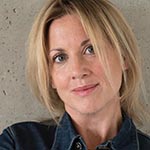
Jo Joelson
jo.joelson@dartington.org
Dr Jo Joelson is Programme Lead for MA Arts and Place. She is a London based artist, researcher and writer.
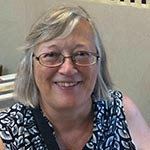
Tracey Warr
Tracey is a fiction and non-fiction writer and also works with text in the vicinity of art. She is an Associate Lecturer on our Poetics of Imagination programme.
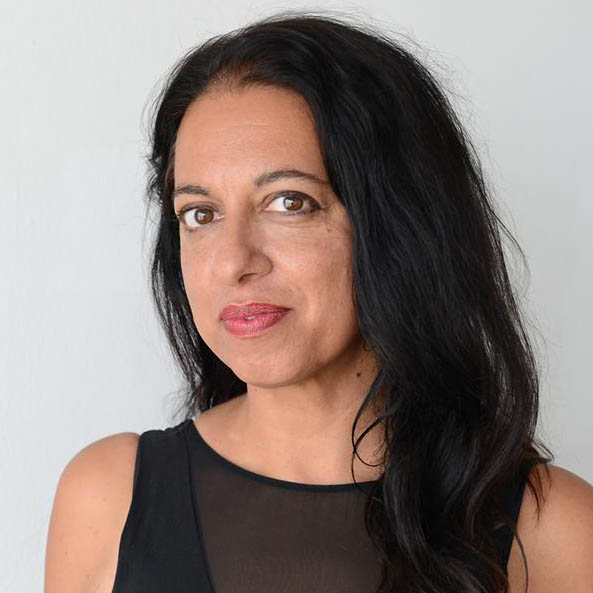
Mohini Chandra
mohini.chandra@dartington.org
Mohini is Associate Lecturer on the Arts and Place programme.
Read More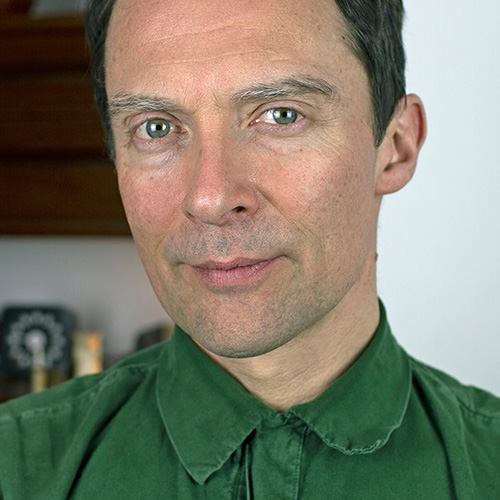
Adam Chodzko
Adam Chodzko is an artist based in Whitstable, Kent. He is a Visiting Lecturer on the Arts and Place programme.
Read Morepast lecturers for this course have included:
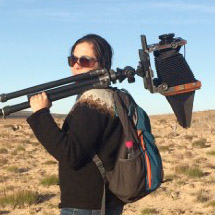
Jessica Auer
Artist
Read more >
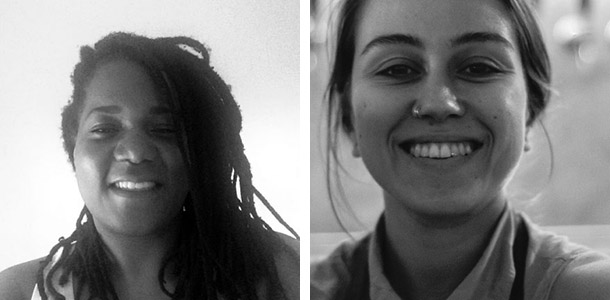
Angela Burdon and Sheyda A. Khaymaz
Read more >
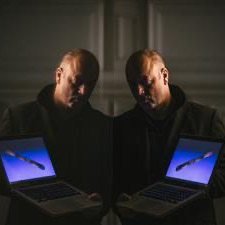
Rod Dickinson
Artist/Curator
Read more >
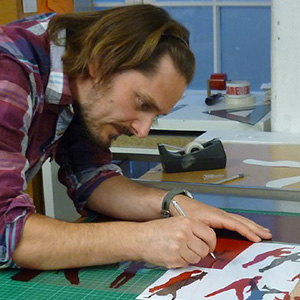
Barton Hargreaves
Read more >
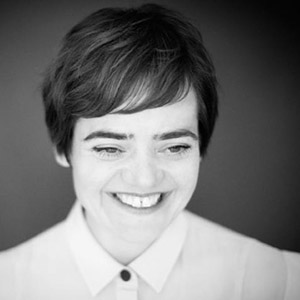
Lisa Le Feuvre
Read more >
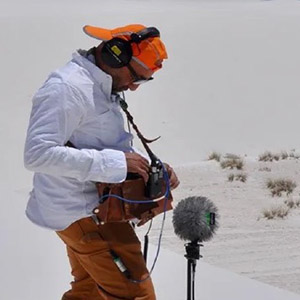
Oswaldo Maciá
Read more >
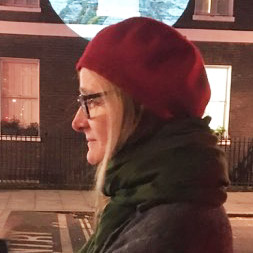
Ruth Maclennan
Read more >
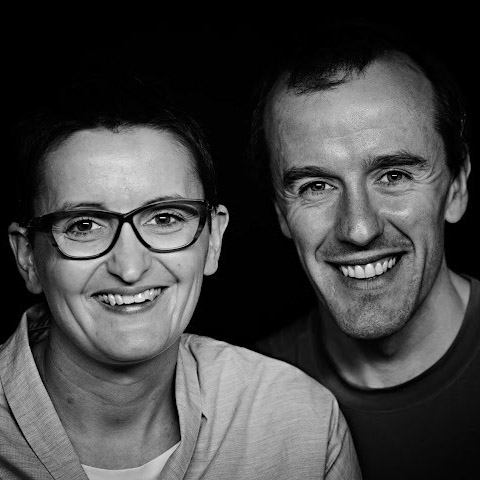
Dave Macleod and Claire Macleod
Read more >
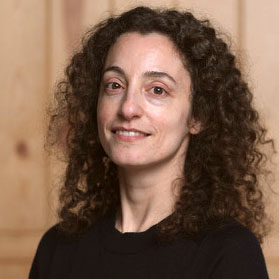
Irini Papadimitriou
Read more >
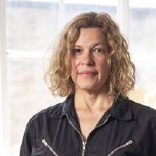
Susan Stockwell
Artist
Read more >
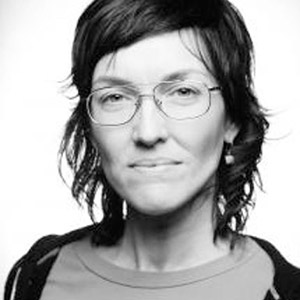
Deborah Stratman
Read more >
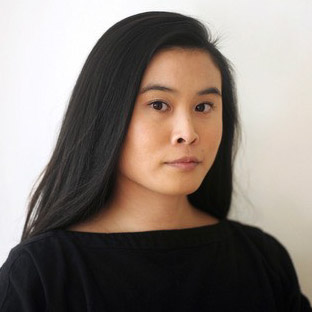
Aurora Tang
Curator/Researcher
Read more >
careers
Info coming soon.
live chats & open days
latest news & blogs
Dartington & Hospital Rooms join forces for arts education
Announcing a dynamic new partnership with Hospital Rooms to offer residencies for students on MA Arts & Place to explore their arts practice in professional mental health settings.
Arts & Place 2023: Student Exhibition
In January 2023, students took over Dartington’s Gallery space, with all works a response to the complexities of ‘the field’ as a place of practice. You can explore the exhibition online here >
“One Song” Kadir Karababa’s Museum of the Home installation
Recent Dartington graduate exhibits new work exploring how songs are carried across borders and continents and yet remain firmly rooted in the places they were first sung.
Top image credit: London Fieldworks, Outlandia fieldstation, Glen Nevis, Scotland. Photograph courtesy London Fieldworks.

